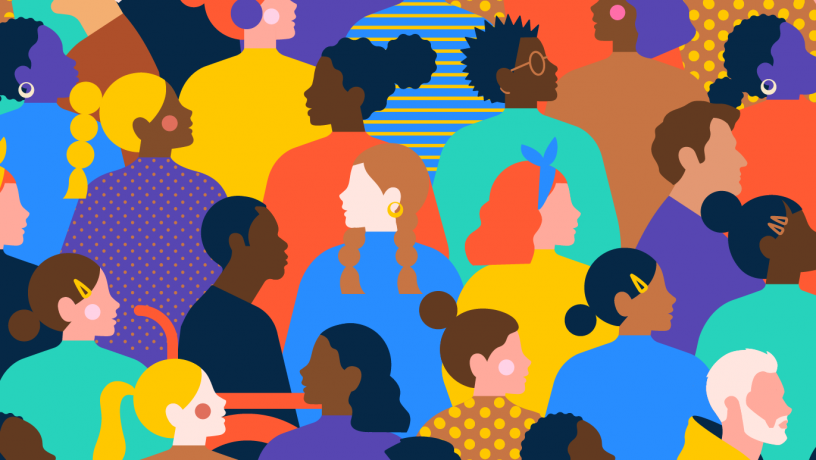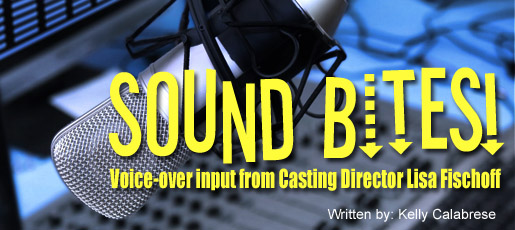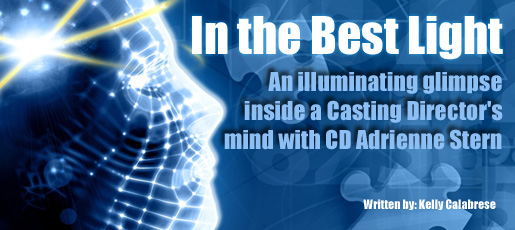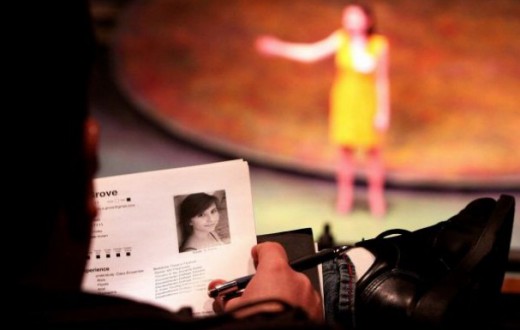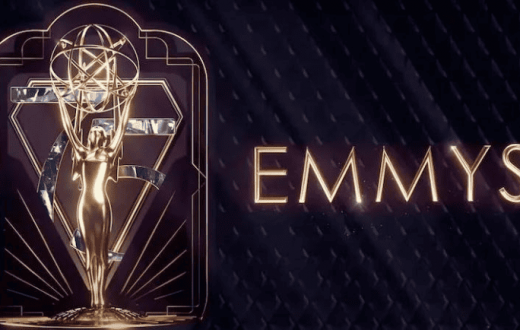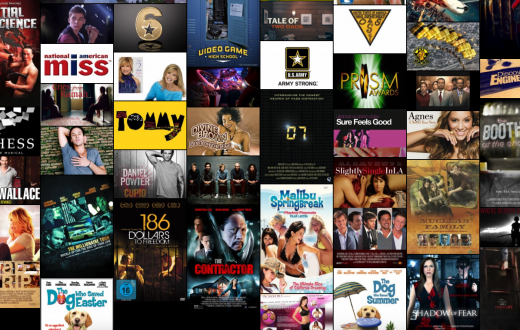Diversity, Equity, and Inclusion (DEI) casting in the Hollywood film business is a topic that has garnered increasing attention and significance over recent years. This movement towards a more inclusive representation within the entertainment industry is not just a response to social justice calls but also a reflection of the industry’s acknowledgment of the diverse audience that consumes its content.
Understanding DEI Casting
DEI casting refers to the intentional consideration of actors from diverse backgrounds, identities, and experiences for roles in film and television. This approach goes beyond simply filling quotas; it aims to provide authentic representation and to challenge stereotypes and biases that have long been perpetuated by the industry. Diversity encompasses race, ethnicity, gender, sexual orientation, disability, and more, while equity and inclusion ensure that these diverse voices are given equal opportunities and are genuinely integrated into storytelling.
The Shift Towards Inclusion
Historically, Hollywood has been criticized for its lack of diversity, with many films and TV shows predominantly featuring white, able-bodied, and male actors. However, the industry has seen a gradual shift. Films like “Black Panther” and “Crazy Rich Asians” not only achieved critical and box office success but also demonstrated the audience’s appetite for stories that reflect a broader spectrum of human experiences.
Moreover, the industry has seen a rise in the number of women and people of color in key creative roles, such as directors and writers, which has a direct impact on casting. Initiatives and guidelines from organizations like the Academy of Motion Picture Arts and Sciences also push for greater diversity on and off the screen.
Challenges and Criticisms
Despite progress, DEI casting faces several challenges. Tokenism, typecasting, and the risk of performative inclusivity—where diversity efforts are superficial—are prevalent concerns. There is also the issue of authentic representation, where actors are cast in roles that genuinely reflect their own experiences and identities, rather than conforming to stereotypes.
Critics of DEI casting argue that it might compromise artistic merit by prioritizing diversity over talent. However, proponents counter that there is an abundance of talent in underrepresented communities and that DEI initiatives simply level the playing field, allowing for true meritocracy.
The Impact of DEI Casting
The impact of DEI casting extends beyond the screen. It influences societal perceptions and norms by providing diverse role models and narratives that challenge prevailing stereotypes. For many viewers, seeing themselves reflected in media is a powerful experience that affirms their identity and experiences.
Furthermore, DEI casting can lead to commercial success. A diverse cast can attract a broader audience, appealing to demographic groups that have historically felt underrepresented or misrepresented in Hollywood productions.
Conclusion
DEI casting in Hollywood is an evolving practice that reflects broader societal shifts towards inclusivity and equity. While challenges remain, the movement towards a more diverse and inclusive entertainment industry is promising, not just for the creators and performers but for the audience who sees their own lives reflected and celebrated on screen. As Hollywood continues to adapt and evolve, DEI casting will likely play a pivotal role in shaping the future of storytelling in film and television.

